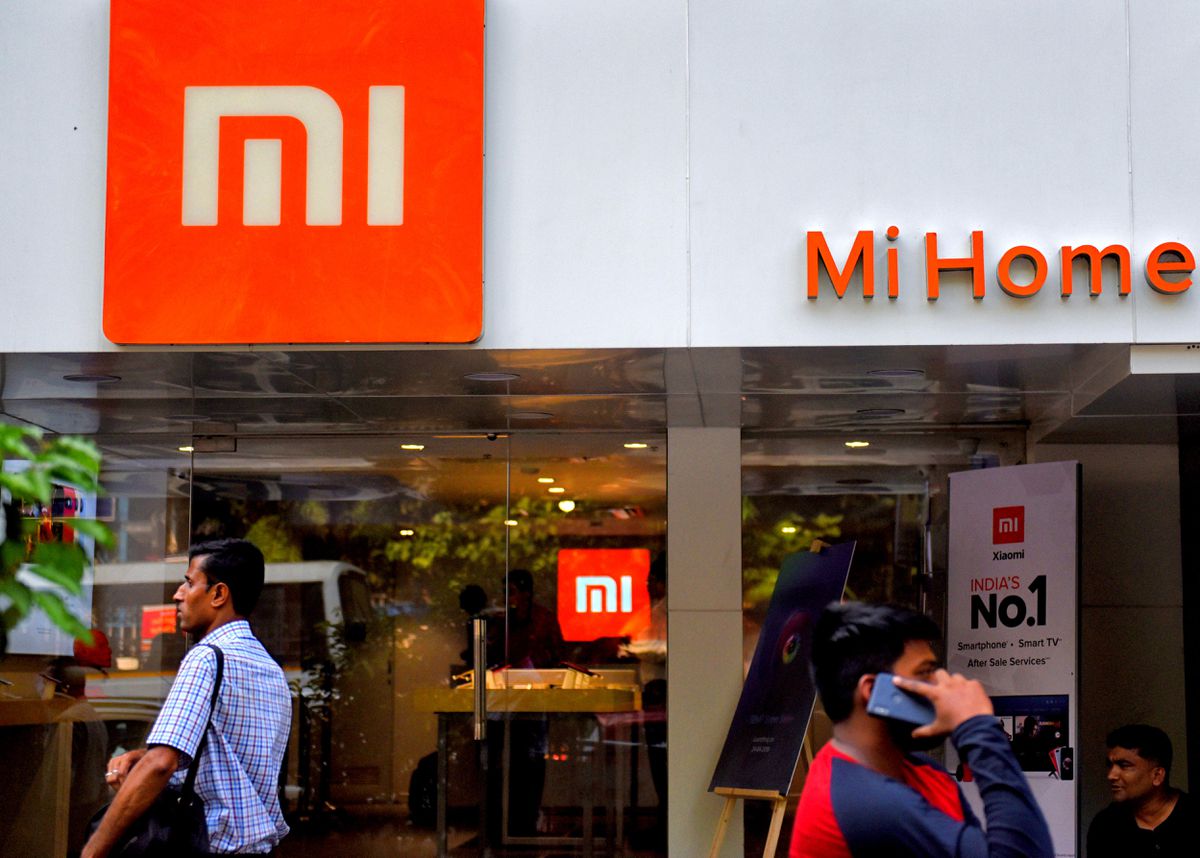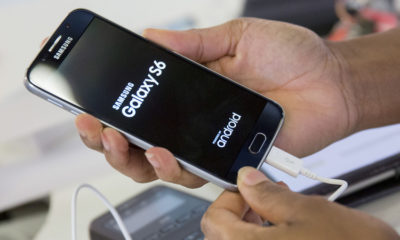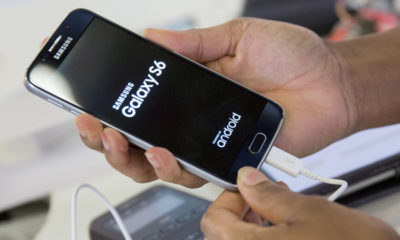Technology
Xiaomi’s Strategic Reboot in India: Focused on 5G Smartphones and Streamlined Product Portfolio
The company aims to concentrate on 5G smartphones and adopt a more streamlined product portfolio to win back customers who were left bewildered by the multitude of choices offered previously.

Startups
Madica Empowers African Startups with $200,000 Investments Each
Social Media
Meta’s Revenue Woes Shake Tech Industry Confidence
Social Media
TikTok Vows Legal Battle Amid Threat of US Ban
-

 Forex3 weeks ago
Forex3 weeks agoZiG to the Rescue: Zimbabwe Shifts Gear with New Currency Backed by Gold
-

 Naira3 weeks ago
Naira3 weeks agoDollar to Naira Black Market Today, April 9th, 2024
-

 Billionaire Watch2 weeks ago
Billionaire Watch2 weeks agoNigerian Billionaire Tony Elumelu Contemplates Acquiring NPFL Club
-




 Naira3 weeks ago
Naira3 weeks agoDollar to Naira Black Market Today, April 8th, 2024
-







 Naira2 weeks ago
Naira2 weeks agoNaira Hits Eight-Month High at 1,120/$ Amidst Central Bank Reforms
-





 Naira1 week ago
Naira1 week agoDollar to Naira Black Market Today, April 17th, 2024
-





 Naira4 weeks ago
Naira4 weeks agoDollar to Naira Black Market Today, April 1st, 2024
-







 Naira1 week ago
Naira1 week agoDollar to Naira Black Market Today, April 18th, 2024
























